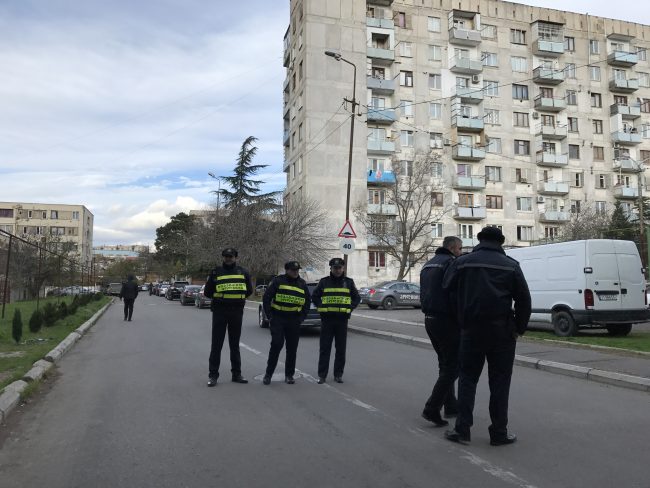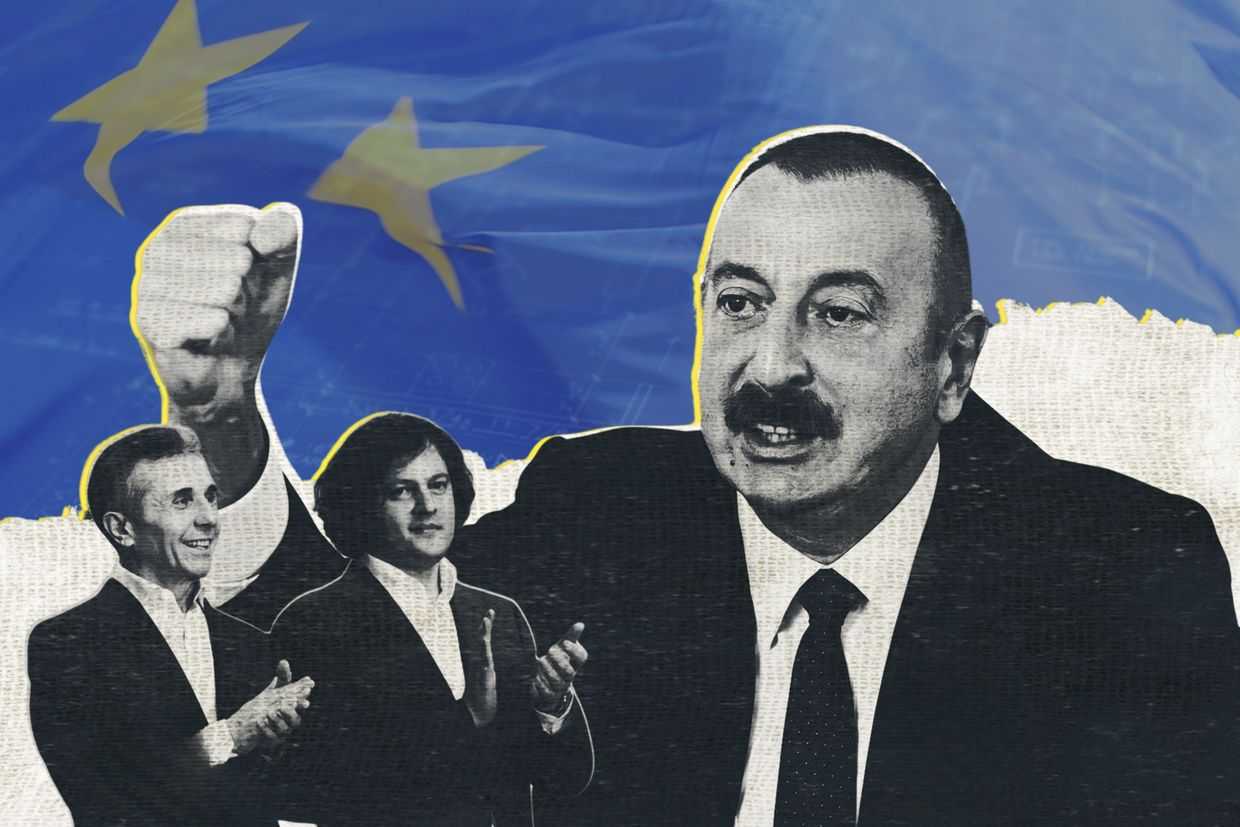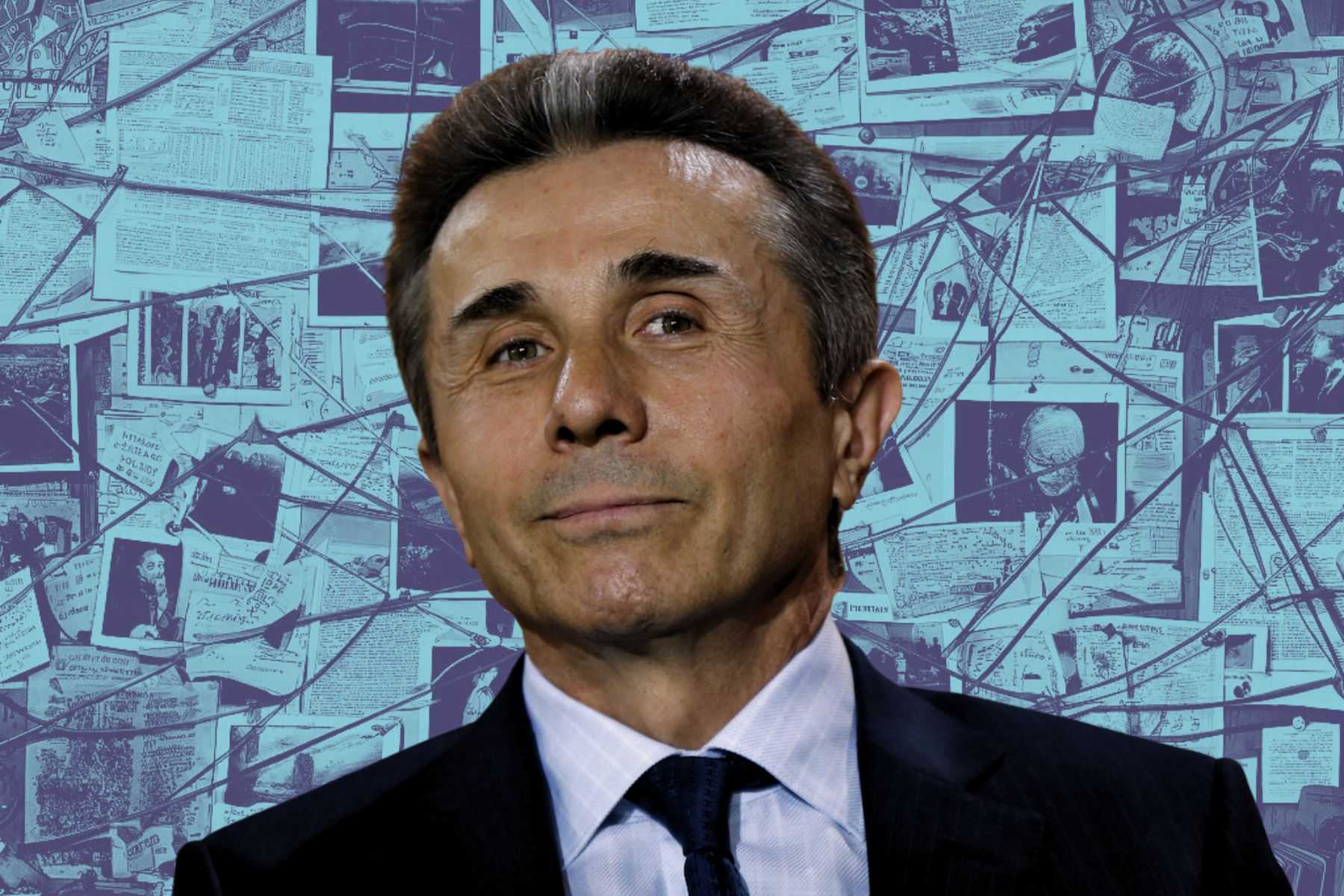Editorial | The authorities’ silence has fuelled a media frenzy in the wake of the Tbilisi Siege


 The Georgian authorities’ decision to remain silent on the events surrounding last week’s 21-hour counterterror siege in Tbilisi has fuelled frenzy in much of the country’s media. This has demonstrated a damaging ineptitude in the state’s handling of strategic communications during a crisis, and highlighted major flaws in the media’s ability to handle such topics sensitively and sensibly.
The Georgian authorities’ decision to remain silent on the events surrounding last week’s 21-hour counterterror siege in Tbilisi has fuelled frenzy in much of the country’s media. This has demonstrated a damaging ineptitude in the state’s handling of strategic communications during a crisis, and highlighted major flaws in the media’s ability to handle such topics sensitively and sensibly.
[Read in Georgian — სტატია ქართულ ენაზე]
The botched counterterror operation which began on 21 November in Isani District on the outskirts of the Georgian capital, left one member of the State Security Service dead and four officers injured. Three suspects were killed in the operation.
The authorities claim the suspects had been under surveillance ‘for several weeks’. They arrested a member of the group on the street hours before the operation began. And yet five days later, they still claim to have been unable to identify the very targets of that operation.
Instead of disclosing important details about the operation, the authorities’ silence has left the media to provide its own versions of events, allowing their imagination to run free.
[Read: Authorities remain tight-lipped amidst speculation surrounding Tbilisi counterterror siege]
This led to a game of Chinese whispers between Georgian and Turkish online media, with a number of reports based on unnamed and untraceable sources claiming Akhmed Chatayev was killed. Chatayev is (or was) a notorious member of the Islamic State who Turkey accuses of plotting the 2016 Istanbul airport attack, which killed 45 people. He was also wounded and detained during the 2012 ‘Lopota Incident’ in eastern Georgia, which left at least 11 Chechen militants and three members of the State Security Services dead. Details of that operation are also still not clear, and charges against Chatayev were dropped.
After days of official silence and media speculation about the identity of the suspects, State Security Head Vakhtang Gomelauri finally announced on 26 November that ‘there’s a suspicion that one of the persons who died during the special operation can be Akhmed Chatayev’, seeming to confirm the most widespread theory.
Gomelauri’s statement was followed by broadcasts of ‘exclusive’, yet slightly contradictory reports by Rustavi 2 and Imedi — two of the most influential competitors in Georgia’s ultra-polarised media environment.
Rustavi 2 showed graphic uncensored images of the mangled bodies of the suspects, lying in the courtyard of the flat where the operation occurred. They also claimed that six, not four suspects were staying at the flat, and that two had fled before the operation began. None of the information, including Imedi’s claim that one of the suspects blew himself up, has been confirmed nor denied.
However disappointing it may be, the media’s reaction was natural. In an information vacuum about major events, journalists try to gather information from whatever sources they can find. In an age of fierce competition and short attention spans, this often leads to sensationalist reporting, compromised fact-checking, and spreading of rumours.
While an official statement does not necessarily mean something is true — as is regularly demonstrated in the frequent counterterrorism operations in the North Caucasus — the authorities’ silence can lead to damaging speculation, fostering fear and encouraging prejudice.
Reporting a counterterrorism operation in a country with only a short history of independent media is indeed challenging, but it is these times of crisis when professionalism and ethics are put to the test, and good practices moulded.
As journalists, we must be relentless in our attention to detail and be conscientiously committed to finding the truth.







